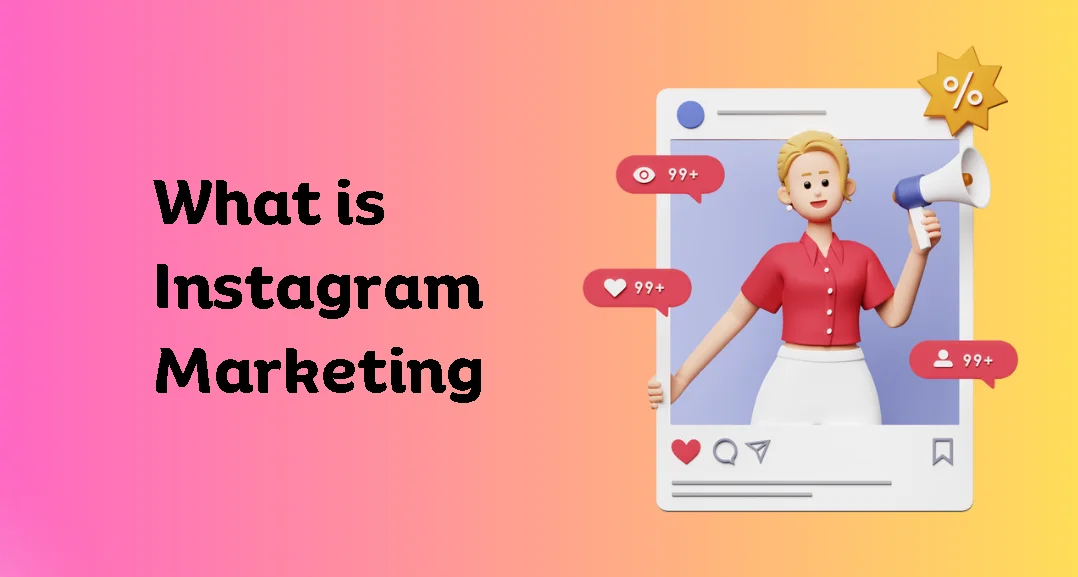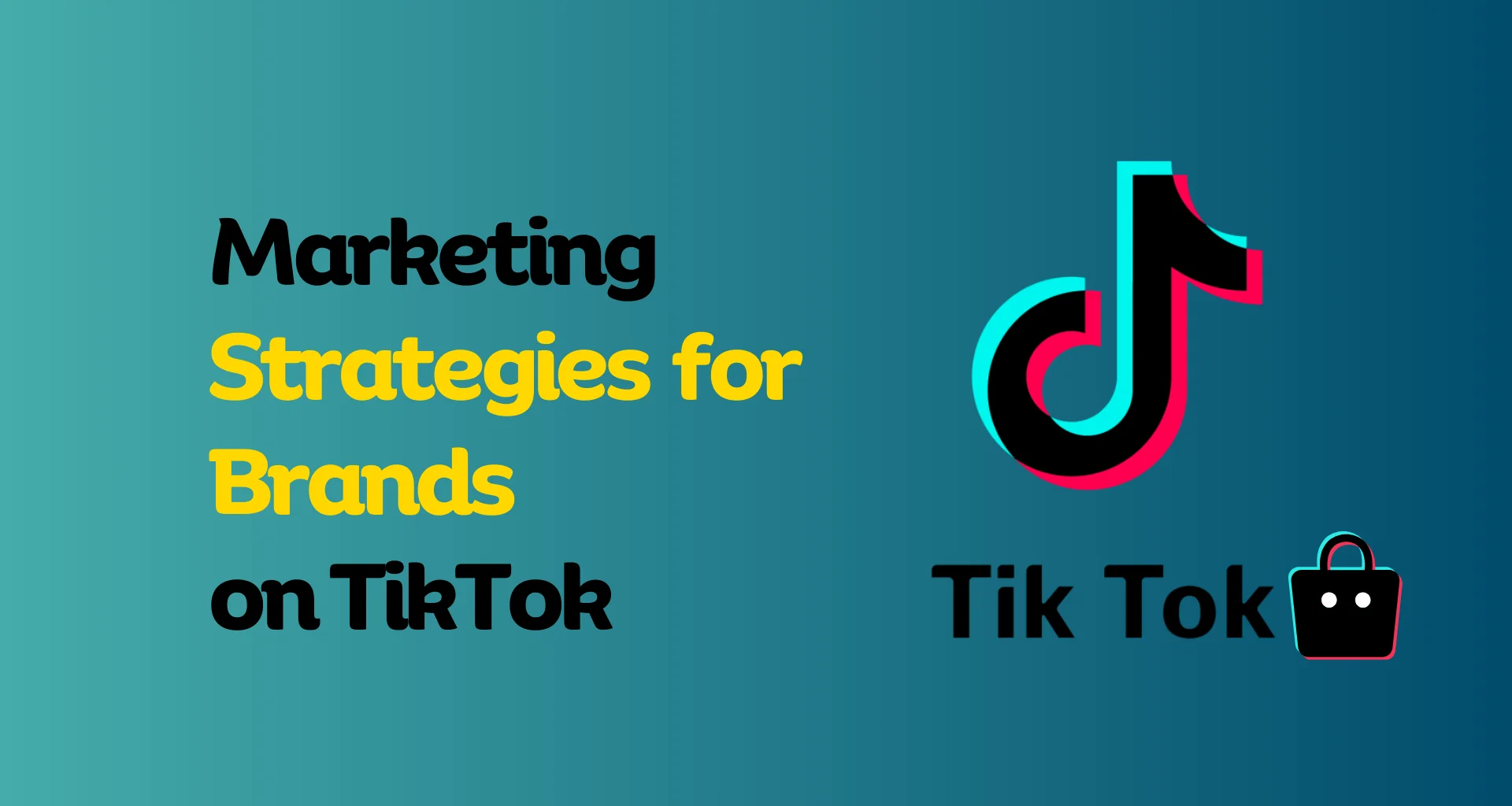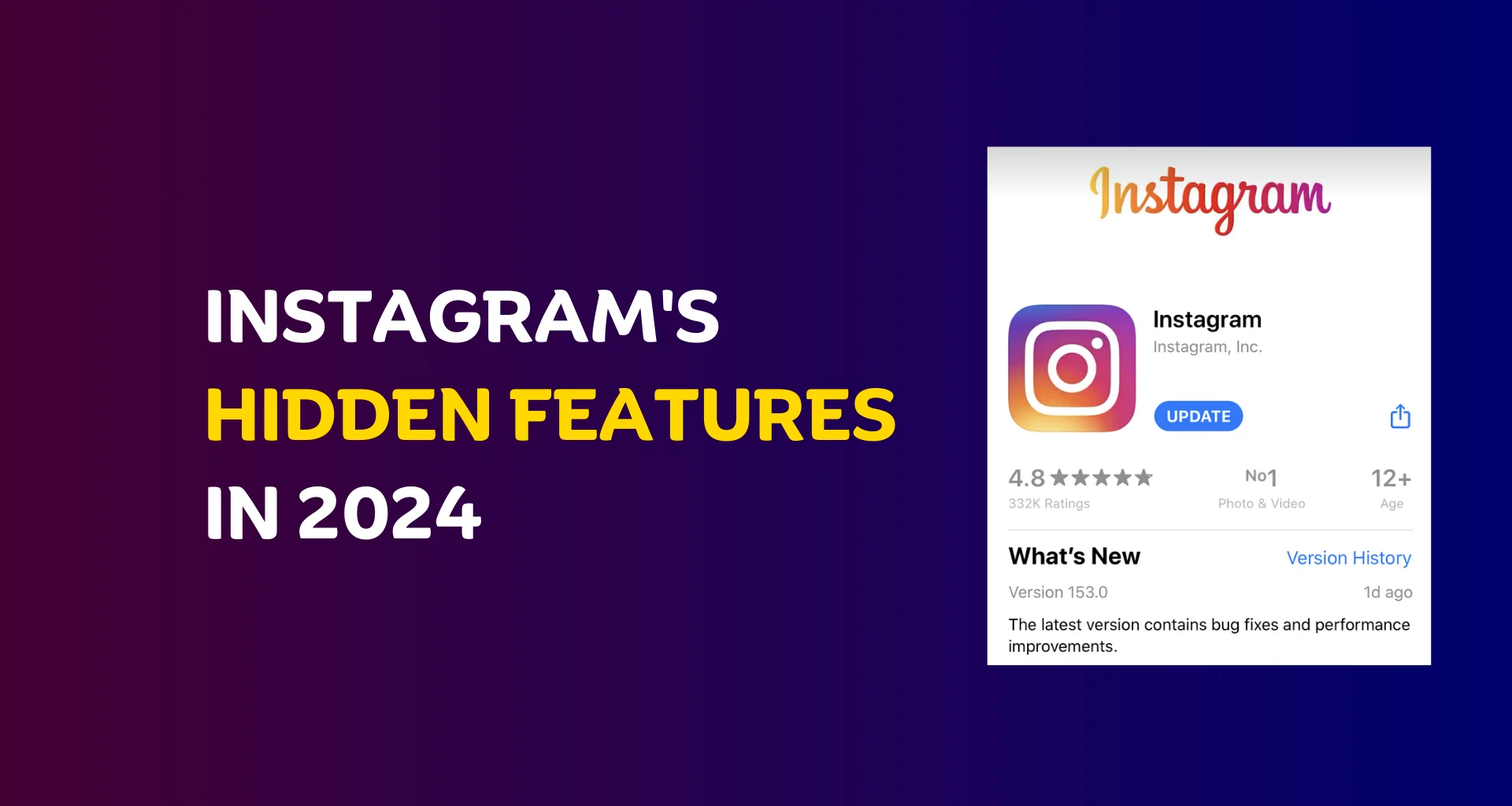Gladly people started to understand that for a person’s well-being, it is important to stay fit physically and mentally.
There is the potential to change the course of the tide in the digital age, where screens and social media platforms rule our lives, and use these platforms as an efficient vehicle for mental health assistance and awareness. Social media has evolved beyond its original function as a platform for socializing to become a force for supporting mental health. In this article, we’ll look at how to use social media to raise awareness of mental health issues.
Breaking the Stigma Through Storytelling
Storytelling is frequently used to raise mental health awareness. People can bravely express their journeys to fix their mental illness on a global scale thanks to social media. By discussing personal experiences, people can break down stigmas associated with mental health issues and promote open discussions and conversations.
Look at look at the rise in Instagram profiles sharing personal journeys with mental health. These profiles or pages are frequently utilized by users to share their experiences, coping mechanisms, and vulnerable moments. These stories encourage sympathy and understanding while also letting others feel that they are not alone in their struggles.
Offering Ideas and Help
Understanding and resolving mental health concerns requires knowledge. Resources, research, and professional counseling are shared by mental health organizations, experts, and activists on social media, which acts as a massive informational reservoir.
Social media sites like Twitter and Facebook are popular places to share articles about mental health issues, provide helpful advice for overcoming stress and anxiety, and promote the availability of mental counseling services. Users have easy access to the diverse ocean of knowledge that can help them to take better care of their mental health.
Building Supportive Communities
Online groups, forums, and communities on social media websites allow people to safe places to ask for and give help. These platforms promote interaction and solidarity, whether it’s a Facebook group for people with anxiety or a Reddit community for depressive disorder.
The power of these online communities lies in their ability to connect people with their shared experiences. These communities provide an opportunity for people to ask questions, share their struggles, and receive compassionate advice from others who have been through similar challenges.
Promoting Self-Care and Well-Being
Practicing self-care and well-being are essential components of maintaining good mental health. These practices are increasingly gaining motivation and guidance from social media platforms. Many pages and profiles promote mental health practices on platforms like Instagram, Facebook, Twitter, and Pinterest. These platforms not only promote these practices but also help people suffering from anxiety and depression.
On platforms like Instagram and Pinterest, users find motivational quotes, mindfulness exercises, and tips for managing stress. These posts not only encourage self-care but also provide useful tips for improving mental health.
Providing Emergency Hotlines and Support
Social networking can be a lifeline in emergencies. Many emergency hotlines and mental health organizations have active Twitter accounts that offer immediate support to those in need.
In moments of distress, people can ask for assistance through direct messages or open posts. Social media platforms have become a means of connecting people with professionals who can offer guidance and assistance when it is needed most.
Promoting Awareness Campaigns
Awareness campaigns have the power to reach millions, and social media is the ideal platform for launching and promoting these campaigns. Campaigns like #MentalHealthMatters or #YouAreNotAlone have gained widespread attention and encouraged people to engage with mental health issues.
In addition to encouraging people to seek help and support when necessary and developing compassion and understanding, these marketing campaigns often feature personal stories, informative illustrations, and calls to action.
A Path to Greater Well-Being
In conclusion, social media may be an excellent medium for raising awareness of mental health when used intelligently and sympathetically. It offers a forum for sharing personal experiences, providing important knowledge, forming supportive groups, and providing urgent help. These forums encourage practices for self-care and awareness efforts that counter the stigma associated with mental health.
We must be conscious of social media’s ability to enhance mental health as we explore the world of the internet. By utilizing these channels, people as well as organizations can work together to build a society where mental health is acknowledged, encouraged, and understood. Social media has the power to change lives and open up possibilities to improve mental health for everybody. So let’s use our devices as tools of compassion for developing our minds and creating a culture that genuinely values mental health.






